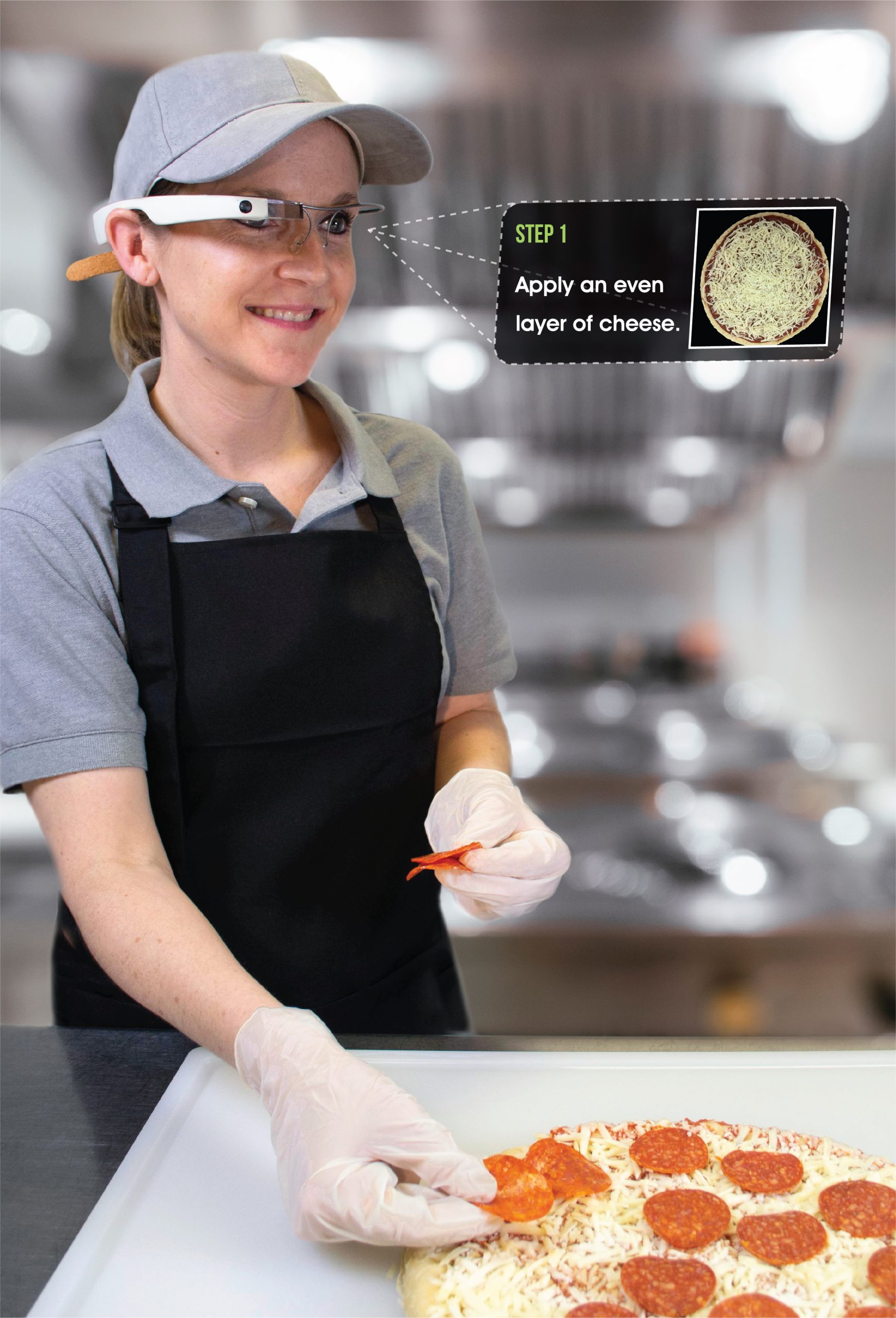Every year my colleagues and I look forward to the GFSI Conference, the most important global event for food safety in everyone’s calendar. Each year has a different flavour. Last year there was much discussion around how emerging technologies can support standards of food safety more effectively. We presented our two latest technological developments, EyeSucceed, the smartglass remote monitoring training and audit tool, and NSF Verify™, the blockchain solution that brings trust and transparency to the protein supply chain.
Twelve months on, we have made much progress in refining and bringing these concepts to market. Now, as they start to be operational in the marketplace, they will undoubtedly bring benefits to their users and their end consumers. We will be presenting the latest news on EyeSucceed and NSF Verify™ at our special session during the conference.
Most importantly in my mind, however, is that there is more clarity and objectivity generally in the sector about the role of technology and how it can best be used to support improved food safety for consumers. The initial enthusiasm and rush to use technology for technology’s sake has been replaced by a more reflective understanding of what we are trying to achieve.
Technology tools will help us to shift focus from one-off checks to continuous monitoring and improved visibility of the whole supply chain – although we still have much to do on this. At the same time it will enable us to move from a tendency to point fingers and assign blame, to a more collaborative approach between all the players in the supply network, where transparency and openness become the norm. As I said, we have a long way to go, but the direction and speed of travel is encouraging and organisations like NSF are leading the way.
But let’s not forget why we are doing this. The most important factors in both specifying and maintaining food safety standards are the human ones. Technology tools can help us avoid some of the elements of human error that are a common cause of food safety lapses, but not all. A healthy food safety culture and robust systems focused on protecting consumer food safety standards will always be our collective goal.
While consumers certainly expect and deserve safe food, they are becoming more and more interested in transparency from the brands they buy. Today, the main driver toward transparency in supply chains is consumer trust, and consumers are starting to dictate how trust can be earned and good faith can be demonstrated by brands. The millennials have come of age. This huge consumer group, aged between 20 and 40, now numbers about 1.8 billion people worldwide with an estimated spending power of several trillion dollars. They tend to have a more responsible attitude to the environment and ethical and social issues that impact our world. To a large degree this is supported by the significant increase in access they have to information and the impact this has on their purchasing choices. Technology has informed this group and it has also empowered them.
Transparency in all these areas will grow, especially as more brands recognise that the flip side of an issue that used to be about compliance and due diligence is also a marketing opportunity. Some brands have indeed successfully embraced a culture of openness, and transparency is increasingly being seen an important marketing tool to engage consumers and share values with a like-minded and loyal consumer base. They show how a culture that embraces ‘doing the right thing’ can demonstrate due diligence and compliance, while simultaneously creating a competitive advantage.
In this respect, blockchain is becoming an enabler because of its ability to lock down data at every step of the production process and deliver the information, formatted in an accessible way, to the consumer as they make purchasing decisions via a simple QR code on the product packaging.
Technology will transform the way we do food safety, but let’s not forget the basics. A healthy culture that values people, encourages empowerment and openness, and drives the right behaviours will be the true leap that pushes food safety forward. Long-term, trusted supplier relationships, which are beneficial to all parties, lay the foundations for good behaviours and ethical practices, more than any blockchain system or certification programme can do. The good news in the long term is that the right culture, where doing the right thing is valued, is good for the bottom line. Technology will allow consumers a window into the good work that brands are doing and enhance their trust in the products they buy.
We look forward to seeing you in Seattle.
NSF International Special Session:
Thur 27th Feb 8:00-9:00
“Concept to Reality: Smartglass and Blockchain in Practice — What a Difference a Year Makes!”
Speakers include Mel Chua from Glass (Google) and Kieran Kelly who will be showcasing developments around NSF Verify™ — our blockchain-based platform service.
This post was written and contributed by:
Robert Prevendar
Global Managing Director, Supply Chain Food Safety
NSF International


